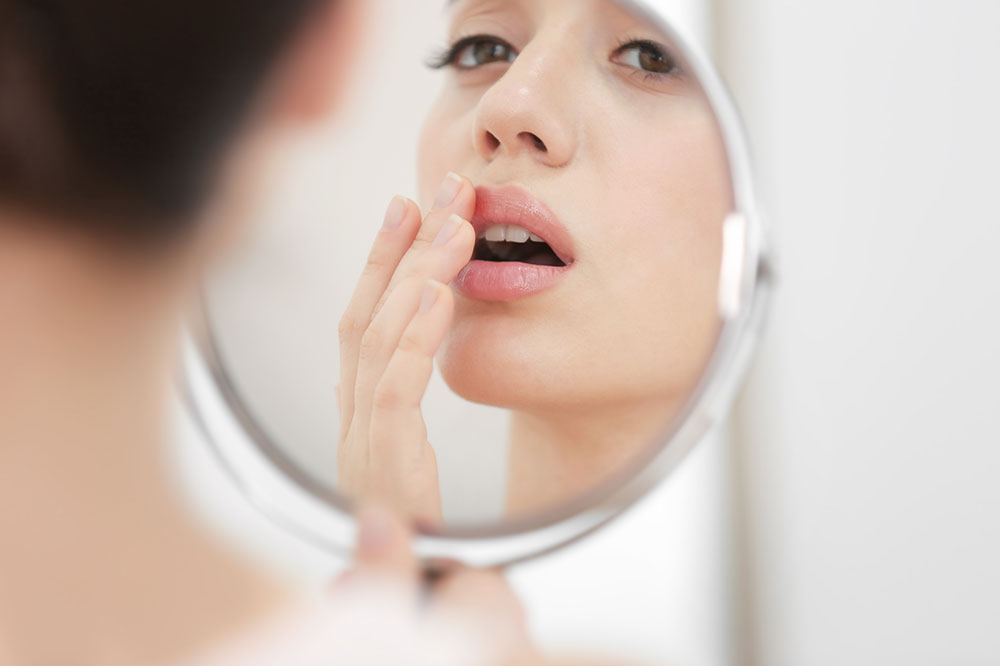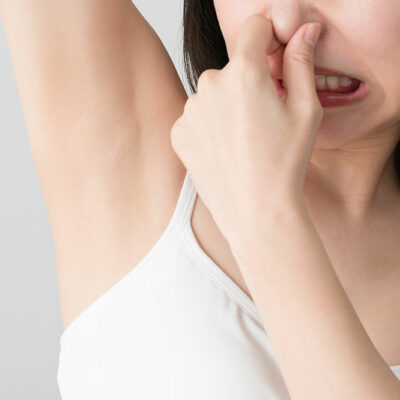
7 Common Cold Sore Triggers to Avoid
Cold sores are fluid-filled blisters on and around the mouth that can prevent you from enjoying meals. These painful and irritating blisters are caused by a common viral infection with the herpes simplex virus. Several things can trigger recurrences once the virus enters the body, including foods and environmental or hormonal changes. Here are some of the common cold sore triggers that can lead to episodes.
1. Processed foods
We often eat foods that suppress the immune system, and this increases the risk of another recurrence. Processed foods are some of the top cold sore triggers, so one should avoid consuming packaged snacks, frozen foods, canned foods, sugary cereals, and high-calorie snacks.
2. Acidic foods
This is another group of foods that act as triggers for cold sores. It’s best to steer clear of citrus fruits, tomatoes, wine, soda, salads with vinegar, and pickles as they may trigger or aggravate cold sores. Instead, eat warm food and go light on the spices and salt.
3. Arginine-rich foods
The herpes virus needs arginine to multiply, so lowering its consumption can reduce the severity or frequency of cold sores outbreaks. Some high-arginine foods to avoid are pumpkin seeds, chocolate, squash, peanuts, almonds, oats, and wheat.
4. Stress
Stress is also a common cold sore trigger. Researchers suggest that stress can be physically and mentally agonizing, and it often affects the immune system, triggering cold sores. Try to stay calm and practice relaxation techniques like meditation, yoga, breathing exercises, or a hobby to cope with it in a healthy way.
5. Fatigue
A tired body is vulnerable to infections. If you’re low on energy, your immune system is also weak and unable to fight infections. So, get the mandatory 8-hour sleep every night to maintain your overall health and immune system. Cut down on your caffeine intake and indulge in soothing drinks that help you get quality sleep. You can also make your bedroom comfortable and cool, and avoid screen exposure and take a shower to help you relax before going to bed. These steps can ensure that you get adequate rest and prevent fatigue-related cold sore outbreaks.
6. Cold weather
Changes in weather bring about several changes in the body. Dry air and cold temperatures dry out the lips and make them prone to blisters. So, protect your face from the harsh winds, keep your lips moisturized, stay indoors during extreme weather, and drink plenty of fluids to prevent cold sore outbreaks.
7. Hormonal changes
Hormonal changes are normal, especially during menstruation, and can trigger cold sores. Some women experience cold sores during pregnancy as well. Taking health supplements, getting adequate rest, and trying relaxation techniques can help prevent these outbreaks. Consulting a doctor is a must if you’re experiencing frequent recurrences.


